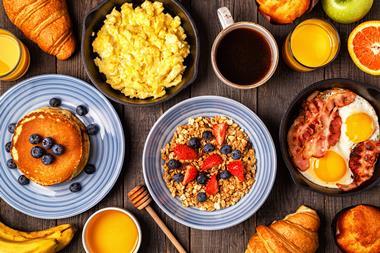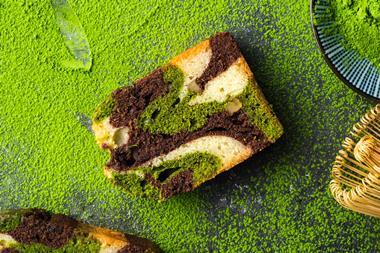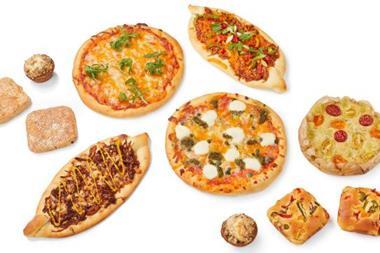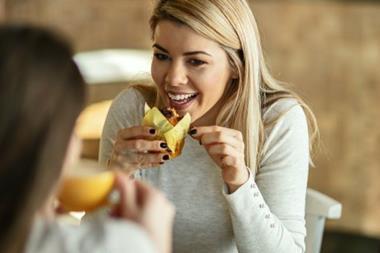Claire Nuttall, founder of The Brand Incubator, looks at how some of the key trends in food and drink could be applied to baked goods.
"A lot of the most exciting innovation in the food industry right now is coming from free-from and plant-based businesses, and new twists on gluten-free grains could be of interest to the bakery category.
Many baked goods still focus on the same core grains and seeds, yet the time could be ripe to bring grains such as fonio to the table. Fonio is a kind of millet that is both gluten-free and nutrient-dense, with a nutty flavour and an appearance and texture that is a cross between couscous and quinoa. It has been cultivated in West Africa for thousands of years and is used in porridges or ground as a flour. It may also be worth digging into the archives and finding other nutritionally dense or sustainably aligned grains, such as kernza.
Snacking is also changing, and consumers are looking for tasty, nutritionally dense snacks to eat instead of, or between, meals. By using good ingredients at the core – such as seaweed or sustainable grains/beans/seeds – tomorrow’s snacks should be designed with satiation, comfort and goodness in mind. They need to provide energy through a balance of protein, carbs and good ingredients.
Food waste is also a huge trend, and brands need to be looking to use all of the plant/ingredient. The industry should actively reduce food waste by producing innovative offerings using all of the plant, not just one part of it, whether it be the seeds, the husk or other by-products.
Fermented doughs also offer a big opportunity. With gut health increasingly in focus, kombucha and kefir are moving from niche status to a proper role in the chilled drinks fixture.
Similarly, baked goods could be developed that use new types of fermentation, nutritional yeasts and live cultures. What about pre and probiotic breads and cakes that are good for digestion even if they are not laden with nine different kinds of visible seeds?
Baked goods manufacturers can also tap the trend for ‘super natural’ status products, already embraced by 100% natural botanical soft drinks and alcohol alternatives such as Seedlip. One aspiration for bakers could be to use grains grown without pesticides or herbicides.
Finally, there may be a place for baked goods to meet demand for nootropic ingredients – those that can boost brain performance. Given the vitamin B content of grains and seeds, perhaps baked goods could do more to assist with cognitive function.
The bakery category has much to go for in 2020."
































No comments yet